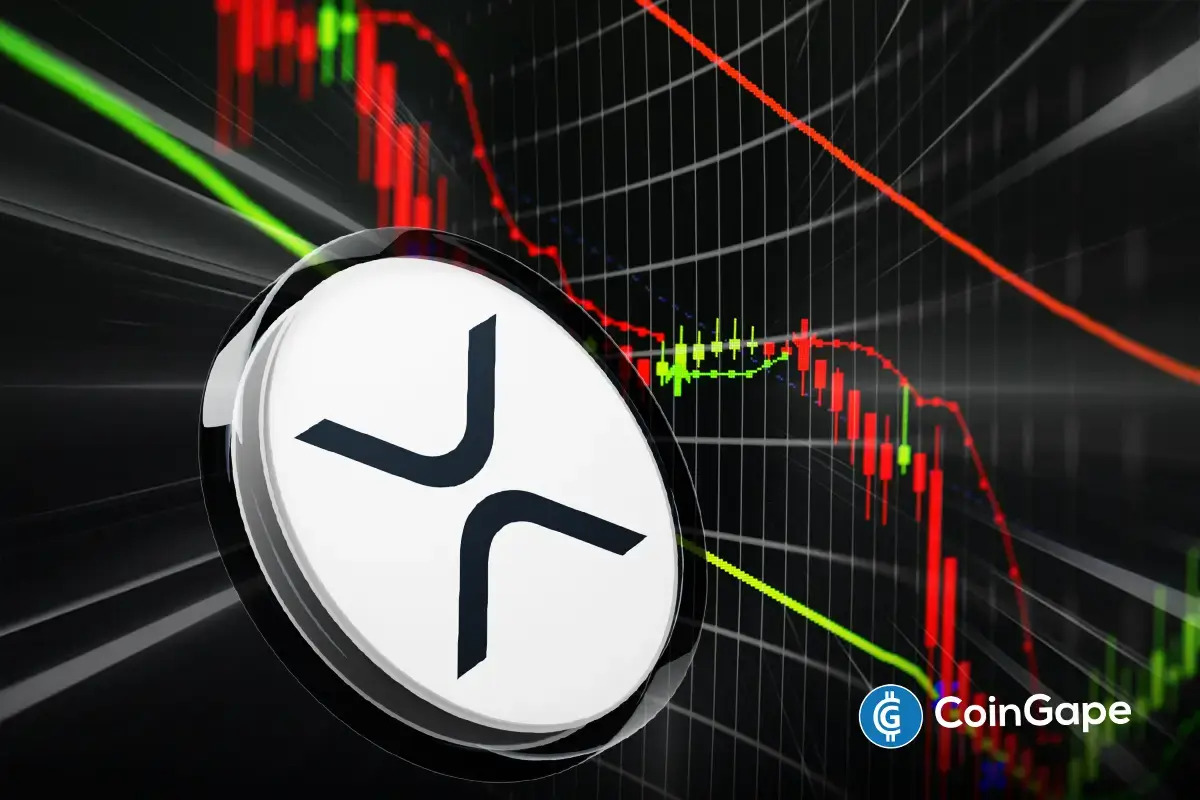Solana Co-Founder Gives Sarcastic Jib on Meme Coin Situation

Highlights
- Raj Gokal refuted common misconceptions about meme coins.
- The post serves as an example of the ongoing competition for supremacy in the decentralized finance (DeFi) field between Ethereum and Solana
- The remarks from Solana's co-founder come at a tie when previously, Ethereum protocol provided some justifications for the network's transition from Proof-of-Work (PoW) to Proof-of-Stake (PoS)
Solana co-founder expressed his support for the meme coin frenzy in a post on platform X. Raj Gokal refuted common misconceptions about meme coins. Even as he backed meme currency projects, he quietly disparaged Ethereum co-founder Vitalik Buterin.
Solana Co-founder Supports Meme Coins
Gokal emphasized in an X post the importance of embracing the numerous applications of permissionless systems, despite traditionalists’ concerns. Memes are frightening away serious builders, as Gokal wrote, encapsulating the sentiments of the community against their widespread use. Still, he swiftly made his point clear by reminding Buterin in particular.
Gokal’s remarks, meanwhile, seemed to support the fervor surrounding meme coins. The creator of Solana also hinted that people who ignore these tendencies would find it difficult to succeed in the rapidly evolving field of cryptocurrency innovation. He said, “You will just not make it here if you’re fragile enough to get spooked by how young people choose to use permissionless systems to have fun.”
Ethereum VS Sonala Race Intensifies
The post serves as an example of the ongoing competition for supremacy in the decentralized finance (DeFi) field between Ethereum and Solana, two well-known blockchain networks. Buterin hasn’t answered Gokal yet, though, so there is still opportunity for more conversation on the subject.
Ethereum Switches to PoS
The remarks from Solana’s co-founder come at a tie when previously, Ethereum protocol provided some justifications for the network’s transition from Proof-of-Work (PoW) to Proof-of-Stake (PoS) consensus mechanism amid increasing internal strife within the community. In particular, he responded directly to an X post made by American businesswoman Amanda Cassatt.
With an all-time high (ATH) of more than $73,000, Bitcoin is the most valuable cryptocurrency based on market capitalization. It uses the PoW consensus mechanism and has had notable performance over time. The core developers continue to maintain that this new mechanism has what it takes to deliver the blockchain its most optimum performance boost, even though the Ethereum community may not like the network’s PoS change.
Play 10,000+ Casino Games at BC Game with Ease
- Instant Deposits And Withdrawals
- Crypto Casino And Sports Betting
- Exclusive Bonuses And Rewards

- US-Iran War: Reports Confirm Bombings In UAE, Bahrain and Kuwait As Crypto Market Makes Recovery
- XRP Price Dips on US-Iran Conflict, But Capitulation Signals March Rebound
- Crypto Market at Risk as U.S.–Iran War Threatens Inflation With Oil Price Surge
- Polymarket U.S.–Iran Strike Bets Fuel Insider Trading Speculation as Crypto Traders Net $1.2M
- Cardano’s DeFi TVL Climbs as USDCx Stablecoin Launches on Network
- Circle (CRCL) Stock Price Prediction as Today is the CLARITY Act Deadline
- Analysts Predict Where XRP Price Could Close This Week – March 2026
- Top Analyst Predicts Pi Network Price Bottom, Flags Key Catalysts
- Will Ethereum Price Hold $1,900 Level After Five Weeks of $563M ETF Selling?
- Top 2 Price Predictions Ethereum and Solana Ahead of March 1 Clarity Act Stablecoin Deadline
- Pi Network Price Prediction Ahead of Protocol Upgrades Deadline on March 1

 Buy $GGs
Buy $GGs















